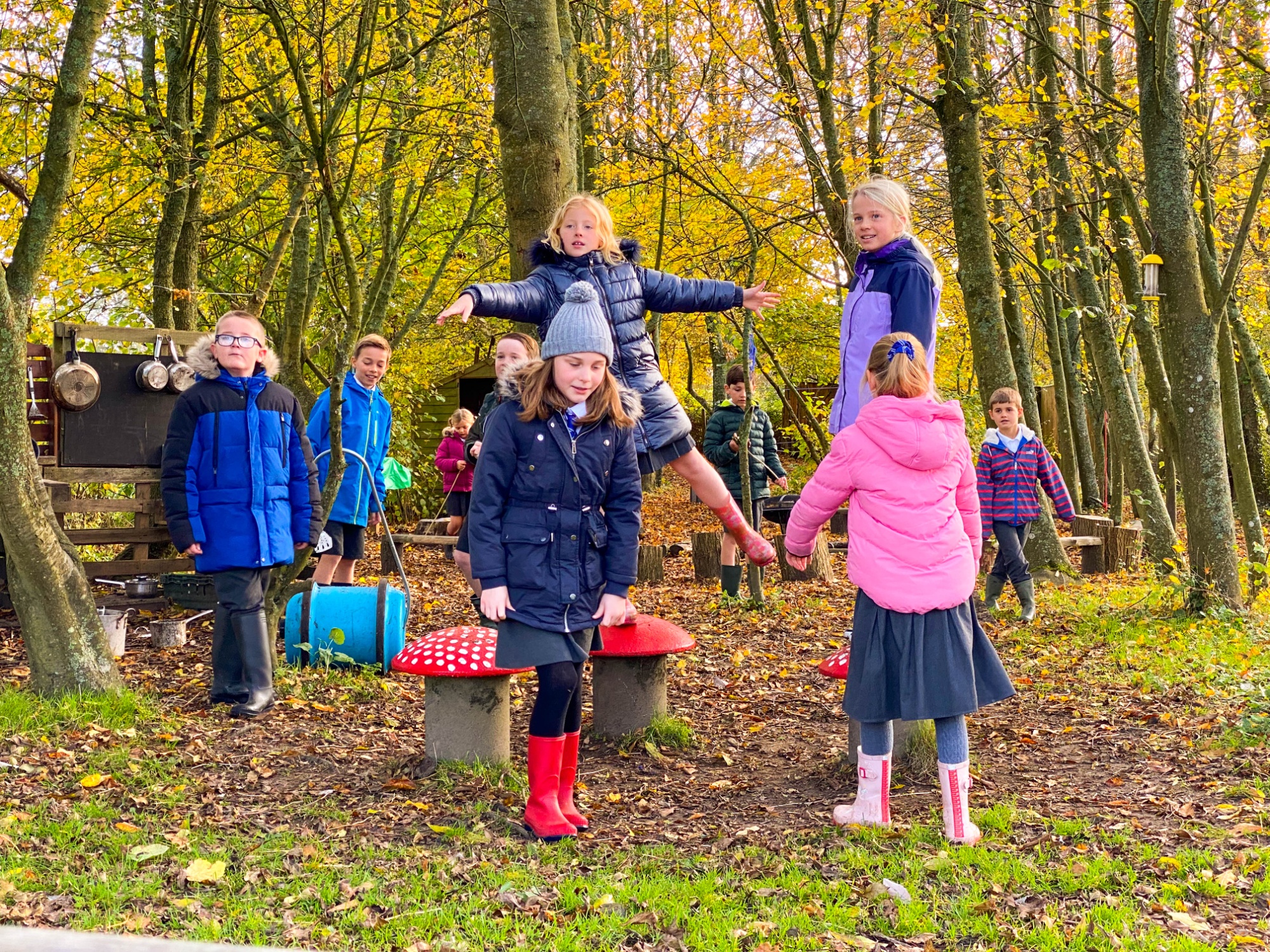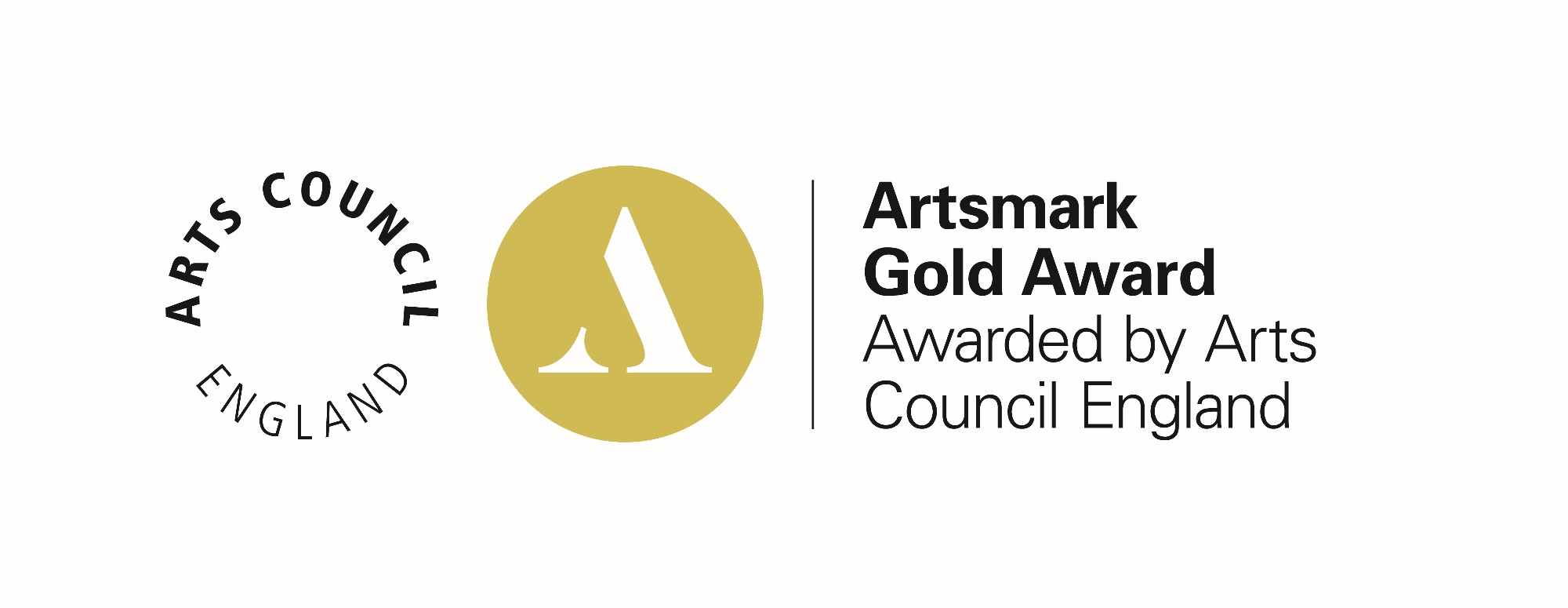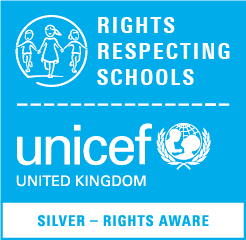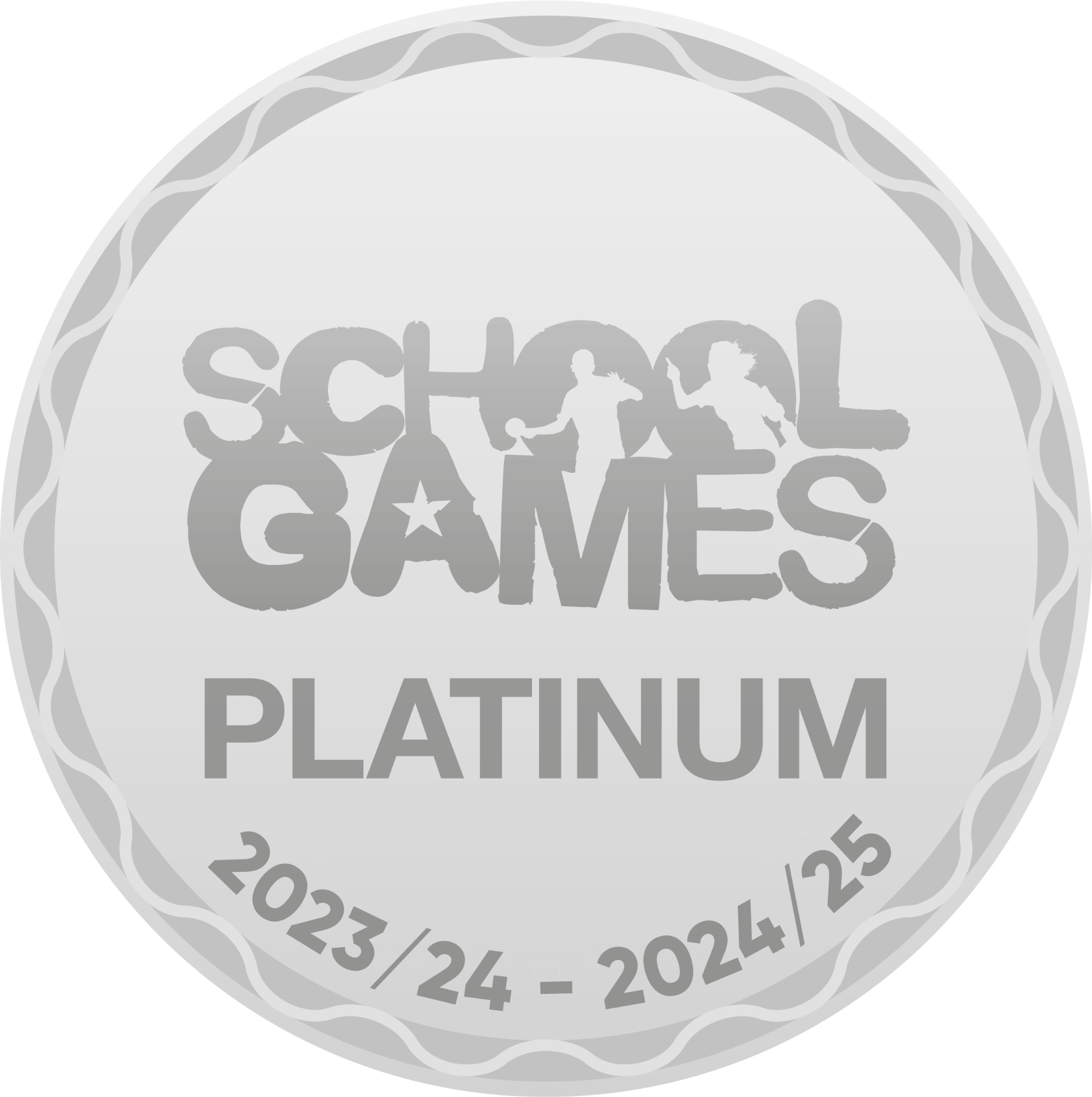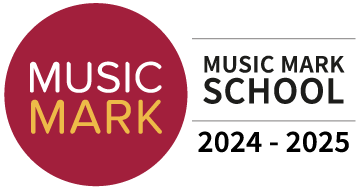English
Writing (units attached below)
There are various units to choose from, depending upon your interests.The units are organised into infants, lower juniors and upper juniors.
- Each writing unit contains a sequence of 5 lessons to be completed in order
- Each session should take no more than 30 mins to complete
- Tasks are written with easy to follow instructions for parents / child
- Each lesson has a simple explanation and examples to get started
- All units are based on texts that can be found online, or extracts shared within the unit
Parents, carers and siblings can help by reading the extracts/text aloud to the child; collecting interesting words and phrases on paper / post-its as they read; talking to the child about their ideas before they write. All these instructions are within the unit aimed at parents. (HIAS English Team)
Reading: Read, read and read some more! (units attached below)
There are various units to choose from, depending upon your interests. The units are organised into infants, lower juniors and upper juniors.
How much and how often children read really matters. Once children have mastered decoding through their phonics work, reading as much and as widely as possible will ensure that they continue to develop, not just academically, but emotionally too. And the best way to improve reading is the most enjoyable – reading! As the reading scientist Mark Seidenberg puts it, “The serious way to improve reading – how well we comprehend a text and, yes, speed and efficiency – is this: Read. As much as possible. Mostly new stuff.”
Encourage children to read stories, non-fiction and poetry . Encourage parents to listen to their child reading aloud, even if they are in Key Stage 2. Enjoy talking about the books they read and discuss unfamiliar words. Reading aloud will help children to build their fluency, so that when they read silently the ‘voice in their head’ is fluent too. A guide for parents to support reading fluency is given below. (HIAS English Team)
Stuck for ideas? Here is a range of weblinks to try: 
Oxford Owl Reading Scheme
Free eBook collection, developed for children aged 3–11 years old. This website helps parents of young children learn to read, and love to read, with a range of over 100 free eBooks.
Audible Books - free to stream
Amazon Audible have made all stories free to stream. Encourage your children to download a story of their choice to keep them hearing books aloud.
https://stories.audible.com/start-listen
Draw alongside an author
This link gives YouTube clips of authors and illustrators drawing characters from well known books. Why not get children to draw alongside Benji Davies or Mini Grey?
Phonics Play
Phonics Play contains a wealth of free resources, but there is the option to sign up from home if you wish to access the whole site. Full of games, planning and parental guidance, this is a very useful website for children with online access at home. To access resources, click on the link below.
Teach your Monster to Read
Teach Your Monster to Read is an award-winning series of games that’s helped millions of children learn to read. Play for free on their website or download the app for free! Covers everything from letters and sounds to reading full sentences. It's highly interactive and engaging.
Other ideas to keep you busy!
Handwriting and Typing
Teach Handwriting
A wealth of information, activities and free resources for handwriting and the physical strengths needed to build handwriting. Why not get children to improve their fine and gross motor skills whilst keeping active at home. We follow Route D here at school if you wish to practise.
Touch typing course
Crafting writing on a computer is such a valuable skill for children to learn. We know writing outcomes tend to be stronger because they are more willing to edit and improve a piece that is word processed. However, often teachers are reluctant to let children use this approach if they are slow at typing. So why not use this period of home learning to encourage your children to follow a typing course?
KS2 Dance Mat Typing is a free online touch-typing programme for children in Key Stage 2. It has four levels which build on the previous learning and includes speed activities and rewards.

